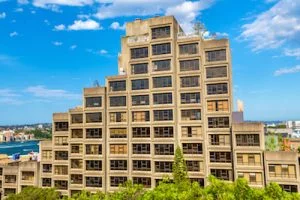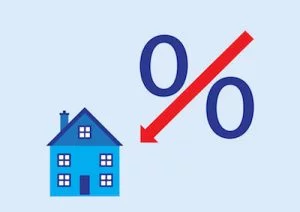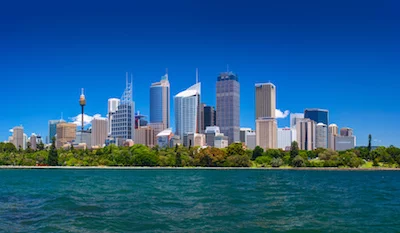In an article on ABC news, business reporter David Chau turns his attention to Australia’s housing market.
According to the latest Demographia rankings, Sydney is the second most expensive property market in the world.
But a local Australian housing market expert disagrees.
Sydney’s property market stands out in Demographia’s study
According to the international housing affordability think tank, Demographia, Australia’s five biggest cities are among the most expensive property markets in the world. Sydney is “second worst”, with house prices almost 13 times higher than the median household income. Only Hong Kong is worse, where property prices were about 20 times higher than household incomes. The study found Melbourne’s house prices were almost 10 times higher than the median household income.
Also on the list of most expensive property markets are Vancouver, San Jose, Melbourne (fifth place), Los Angeles, Honolulu, San Francisco, Auckland, and London, in that order. Adelaide, Brisbane, and Perth came in at 16th, 18th and 21st place respectively — with house prices about six times more than annual incomes.
You can read more of Demographia’s study here.
“Dwelling” prices against “House” prices
But CoreLogic’s research director Tim Lawless disagrees with Demographia’s findings on just how expensive Australian property prices had become based on “dwelling” prices. According to him, Sydney’s property market is not as bad. Lawless cites dwelling prices as being nine times more than household incomes, while Melbourne’s were at a multiple of 7.5 times.
The major difference between Demographia and Lawless is that Lawless uses both apartment and house prices. Demographia uses only house prices.
The “Urban Containment” policy
“Virtually all the severely unaffordable major housing markets have restrictive land use regulation, usually urban-containment policy,” according to Wendell Cox and Hugh Pavleitch of Performance Urban Planning.
Urban containment is a policy in which housing density is increased, usually by building more apartments, in already established residential areas. The problem with this policy is that it also aims to limit new housing development in the fringe areas of a city.
Cox and Pavleitch contend that housing was generally affordable before the implementation of the urban containment policy.
Lawless agrees the boom in apartment building, especially across Sydney, Melbourne and Brisbane isn’t helping with affordability. It doesn’t help that people suggest introducing more supply amid an unprecedented boom in construction.
Construction of dwellings to accommodate a growing population
 Lawless adds: “It’s difficult to keep up with housing demand, but this (more apartments) is not the right type of housing stock.”
Lawless adds: “It’s difficult to keep up with housing demand, but this (more apartments) is not the right type of housing stock.”
More detached, medium-density dwellings need to be built in the middle and outer-fringe areas. This would help to keep up with the challenges of our strong population growth. And infrastructure such as schools, shops, services, and roads need to be built in those areas.
Mortgage interest rates have helped with affordability
 But it’s not all doom and gloom when it comes to affordability. Although Sydney property owners typically spend 48 per cent of their annual household income paying off their mortgages, it is lower than what people were paying back in 2007 when housing prices were half of what they are now. This is because interest rates were higher.
But it’s not all doom and gloom when it comes to affordability. Although Sydney property owners typically spend 48 per cent of their annual household income paying off their mortgages, it is lower than what people were paying back in 2007 when housing prices were half of what they are now. This is because interest rates were higher.
Rents, on the other hand, have kept up with incomes. Lawless warns however, that while people who rent tend to have more disposable income left over, they do miss out on capital gains, as properties appreciate over time.
You can read the original article at the ABC News site here.
More reasons to engage a buyer’s agent in Sydney
Whether you take the Demographia or Tim Lawless’s Corelogic figures, it is clear that Sydney homes are pricey.
To buy property in what’s touted the second most expensive property market in the world and to navigate its extremely competitive housing market, you need a professional buyer’s agent representing you.
Try to find an agent who will look after you personally. If you deal with a buyer’s agency, you will not deal with the principal(s). There is a big difference between having an employee or the owner of the business look after you.
If you are looking to buy property in Sydney’s Eastern Suburbs, give me a call today. I would love to help you.












